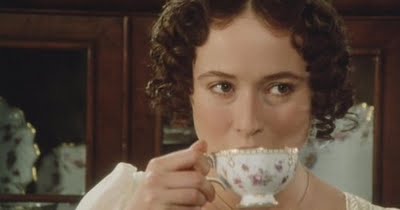Jane Austen’s Regency characters drank tea from China. It may have been cheap tea smuggled in by Dutch traders or it may have been the legal stuff imported by the East India Company.
Austen was born on 16 December 1775, two years to the day after members of the Sons of Liberty dumped crates of the legal stuff into Boston harbour as a tax protest.
The members were disguised as Mohawks, or as we usually say, Mohawk “Indians”.
It was only in the nineteenth century that the East India Company began efforts in India itself to avoid the Chinese monopoly. In broad and simplistic terms, the tea area was and remains found in and around the Bengal region of the subcontinent.
The continuing post-colonial complexity is represented by two celebrations of the same day, 16 December 1971. In primarily Muslim Bangladesh, it is Victory Day. In primarily Hindu India, it is Vijay Diwas. Each commemorates the defeat of Pakistan in the war which transmogrified East Pakistan into Bangladesh.
Curiously enough, the very first uprising against British rule in India was not against the British government and was not by Hindu locals. It was a small Muslim uprising against the same East India Company. Known as the Muharram Rebellion, it took place in December 1782, nine years upon the Boston Tea Party. It took place in Sylhet, known today as the tea capital of Bangladesh.

I do not mean to pay Twining til later in the day,
when we may order a fresh supply.”
Austen to sister Cassandra, 1814.